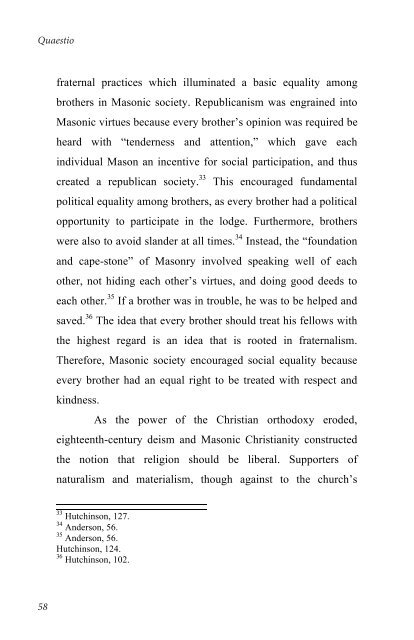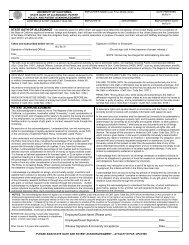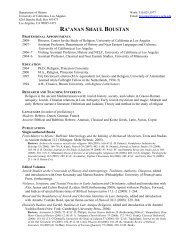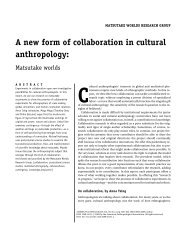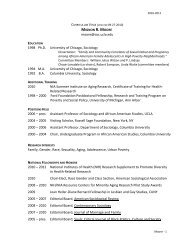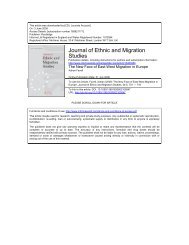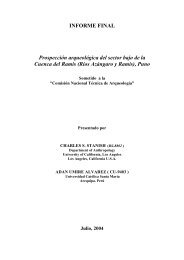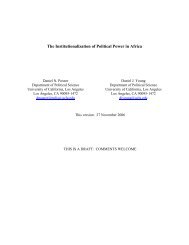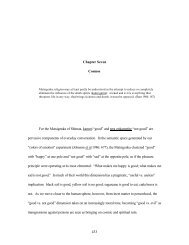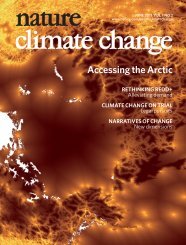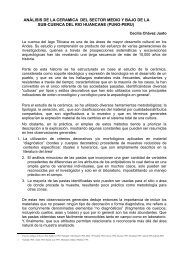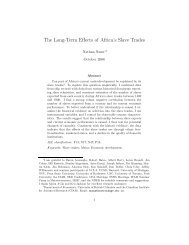QUAESTIO - Social Sciences Division - UCLA
QUAESTIO - Social Sciences Division - UCLA
QUAESTIO - Social Sciences Division - UCLA
Create successful ePaper yourself
Turn your PDF publications into a flip-book with our unique Google optimized e-Paper software.
Quaestio<br />
fraternal practices which illuminated a basic equality among<br />
brothers in Masonic society. Republicanism was engrained into<br />
Masonic virtues because every brother’s opinion was required be<br />
heard with “tenderness and attention,” which gave each<br />
individual Mason an incentive for social participation, and thus<br />
created a republican society. 33 This encouraged fundamental<br />
political equality among brothers, as every brother had a political<br />
opportunity to participate in the lodge. Furthermore, brothers<br />
were also to avoid slander at all times. 34 Instead, the “foundation<br />
and cape-stone” of Masonry involved speaking well of each<br />
other, not hiding each other’s virtues, and doing good deeds to<br />
each other. 35 If a brother was in trouble, he was to be helped and<br />
saved. 36 The idea that every brother should treat his fellows with<br />
the highest regard is an idea that is rooted in fraternalism.<br />
Therefore, Masonic society encouraged social equality because<br />
every brother had an equal right to be treated with respect and<br />
kindness.<br />
As the power of the Christian orthodoxy eroded,<br />
eighteenth-century deism and Masonic Christianity constructed<br />
the notion that religion should be liberal. Supporters of<br />
naturalism and materialism, though against to the church’s<br />
33 Hutchinson, 127.<br />
34 Anderson, 56.<br />
35 Anderson, 56.<br />
Hutchinson, 124.<br />
36 Hutchinson, 102.<br />
58


